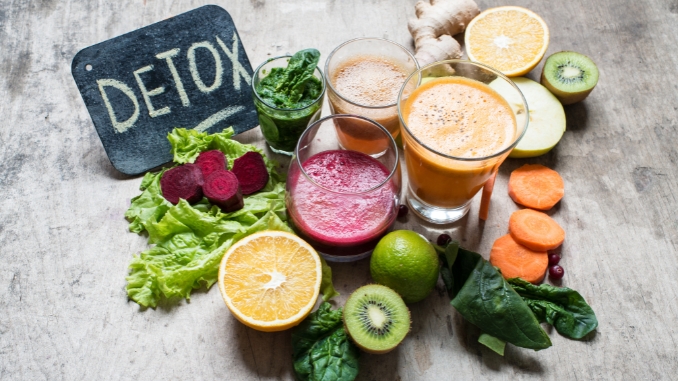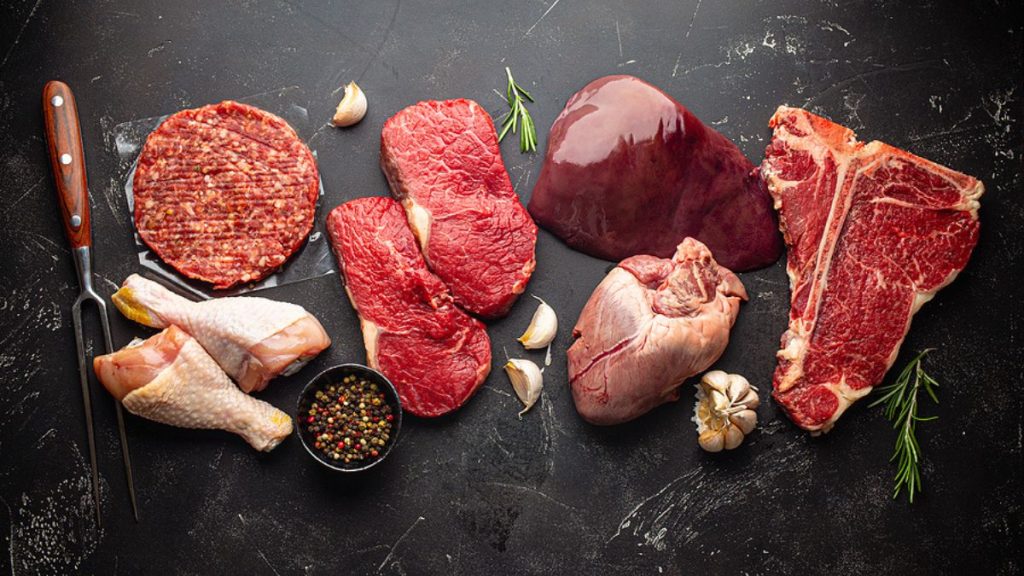If you’re struggling with joint pain, fatigue, or nagging aches, your body might be screaming for a reset. One of the biggest hidden culprits behind many health problems? Inflammation. More specifically—chronic inflammation. [1]
It’s a silent enemy that fuels everything from rheumatoid arthritis and heart disease to blood sugar issues and more. But here’s the exciting part: cleansing for inflammation relief might be your secret weapon.
Let’s explore how detoxing [2] reduces inflammation and practical, expert-backed ways to do it—featuring insights from nutrition expert Yuri Elkaim.
How Does Detoxing Reduce Inflammation?
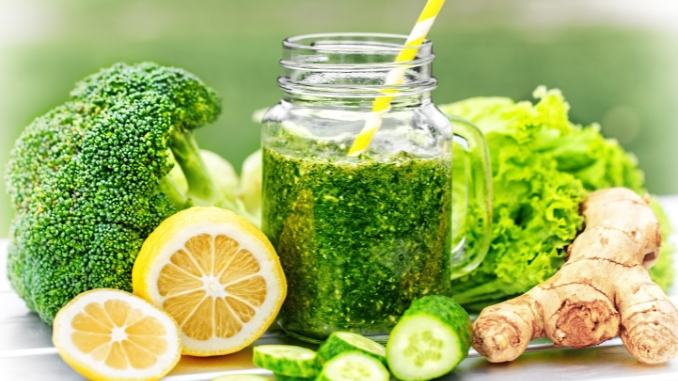
Inflammation is your body’s natural defense mechanism. But when stress, diet, and toxins push it into overdrive, it becomes chronic, damaging tissues and organs over time.
Cleansing helps inflammation relief by:
- Removing added sugars, ultra-processed foods, and unhealthy fats that trigger inflammation.
- Supporting natural detox organs (like the liver and kidneys)
- Enhancing immune function and cellular repair
Yuri Elkaim explains that cleansing allows your body to reset, flushing out chemicals and inflammatory compounds that accumulate from poor dietary choices, stress, and environmental exposure.
Expert Insight from Yuri Elkaim
In his interview with Exercises For Injuries, Yuri emphasizes that cleansing isn’t just about weight loss—it’s a vital step toward reducing inflammation and healing pain. He discusses:
- The necessity of periodic structured cleanses.
- The impact of cleansing on inflammation and injury recovery
- How cleansing boosts glutathione, the body’s master antioxidant, which fights inflammation at the cellular level.
He also debunks the myth that simply eating clean is enough: “Even if you eat organic, your body still accumulates toxins that need help being cleared out.”
Ways to Detox and Reduce Inflammation
Here are effective strategies to naturally detox and lower inflammation:
1. Eat Anti-Inflammatory Foods
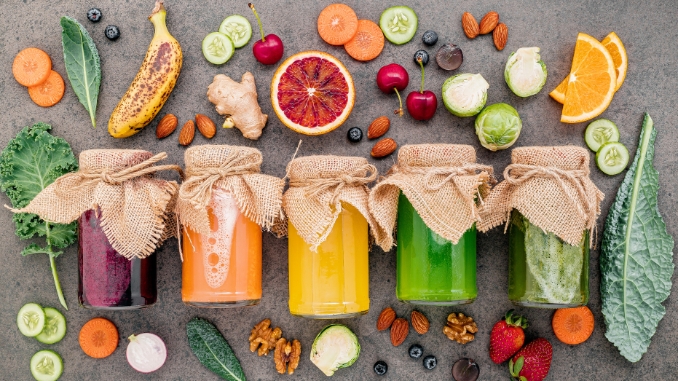
A powerful anti-inflammatory diet includes:
- Colorful vegetables and fruits are packed with antioxidants
- Whole grains like oats and quinoa
- Healthy fats such as extra virgin olive oil, nuts, and chia seeds
- Fatty fish like salmon
- Green tea and dark chocolate for added antioxidantsThese foods contain anti-inflammatory compounds that improve heart health, regulate blood sugar, and ease symptoms of chronic conditions.
2. Eliminate Inflammatory Triggers

Remove or reduce:
- Ultra-processed foods
- Processed meats
- Sugary drinks
- White flour and white breads
- Artificial salad dressings with hydrogenated oils
These foods drive inflammation by damaging the gut microbiome, increasing blood pressure, and overwhelming the immune system.
3. Support Your Body’s Detox Systems
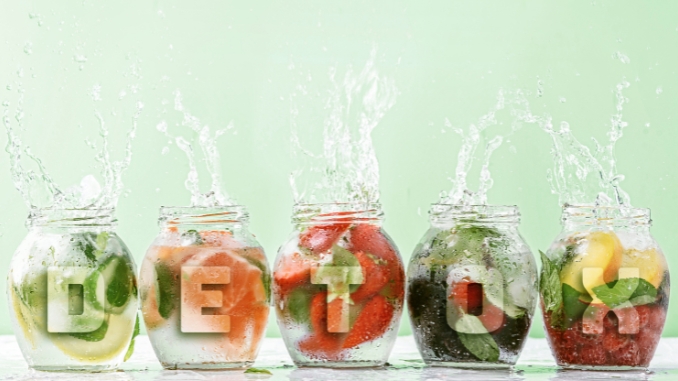
Help your natural detox systems by:
- Drinking more water
- Adding lemon or herbal teas
- Eating fiber-rich foods to aid digestion and toxin removal
Yuri notes that short-term cleanses can yield fast results, but they’re most effective when paired with consistent, long-term dietary changes.
4. Reduce Stress and Sleep Well

Chronic stress is a major [3] inflammation trigger. Manage it by:
- Getting 7–9 hours of quality sleep
- Practicing meditation or light yoga
- Spending time in nature or doing low-intensity exercise
Final Takeaway: Cleanse to Heal, Eat to Thrive
Whether you’re dealing with arthritis, chronic diseases, or just general fatigue, cleansing for inflammation relief is a game-changer.
Expert-backed, natural detox methods, as recommended by professionals like Yuri Elkaim and Dr. Mark Hyman, offer a science-based way to fight back against inflammation—and reclaim your health.
Start your journey to a healthier, pain-free life today with the Anti-Inflammatory Cookbook Bundle. Check it out now!
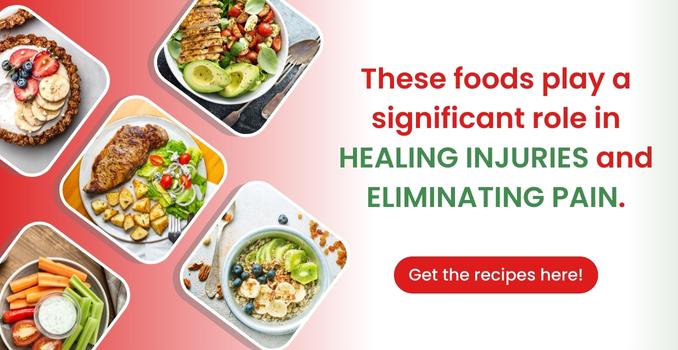
Frequently Asked Questions
What are the best anti-inflammatory foods for rheumatoid arthritis?
Foods rich in omega-3 fatty acids, antioxidants, and fiber are best. These include fatty fish like salmon, extra virgin olive oil, dark leafy greens, berries, nuts, chia seeds, and whole grains. These help reduce joint pain and stiffness by lowering inflammation.
How long does it take to see results from an anti-inflammatory diet?
Some people notice improvements within 2 to 4 weeks, but significant changes in inflammation and symptoms may take 6 to 12 weeks. Consistency is key.
Can inflammation cause weight gain?
Yes. Chronic inflammation can disrupt hormones that regulate hunger, blood sugar, and fat storage, leading to increased fat accumulation, particularly around the abdomen.
Is the Mediterranean diet good for chronic inflammation?
Absolutely. The Mediterranean diet is packed with anti-inflammatory compounds, healthy fats, and fiber-rich foods. It is one of the best diets to combat chronic inflammation and support long-term health.

Rick Kaselj MS, is a leading kinesiologist and injury specialist as well as co-creator of the best-selling Unlock Your Hip Flexors program. Rick creates exercise programs that help people heal injuries and eliminate pain, so they can go back to living a full, active, healthy life.

